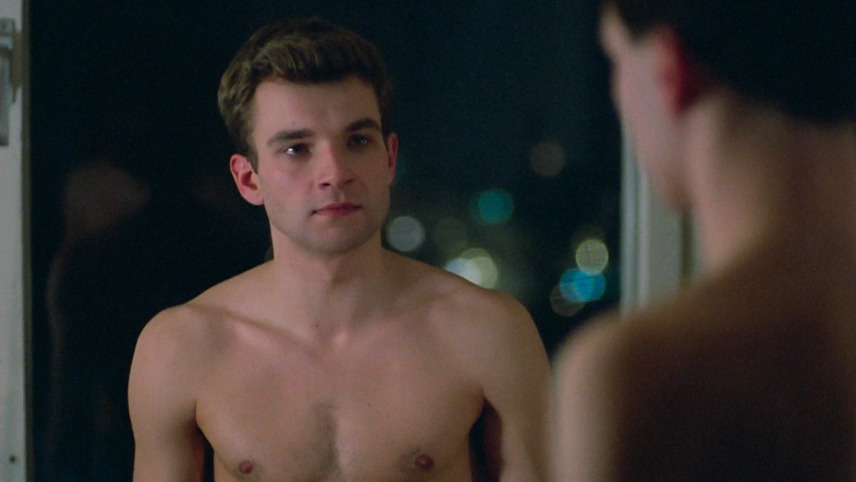Exploring Identity and Vulnerability in Coming Out
Coming Out is a thought-provoking film that explores themes of identity, sexuality, and the courage it takes to reveal one’s true self. Directed by Hungarian filmmaker Dénes Orosz, the 2013 romantic comedy-drama follows Erik, a popular radio personality and LGBTQ+ icon in Budapest, whose life takes an unexpected turn just as he is about to marry his longtime partner, Balázs.
Erik has spent years as a public figure advocating for gay rights and living openly as a gay man. His radio show is famous for its bold humor and open discussions about LGBTQ+ issues. He is adored by his audience and respected by his peers. However, the film takes an unconventional twist when, after a motorcycle accident, Erik begins to question his sexual orientation. He finds himself developing feelings for a woman—Linda, a physician who tends to him after his injury.

This unexpected attraction triggers an identity crisis that challenges Erik’s public persona and private life. As he navigates his feelings, Erik becomes entangled in a complex emotional journey that brings to the surface questions about authenticity, societal expectations, and personal freedom. The title Coming Out takes on a dual meaning: while Erik has already come out as gay, he now faces the possibility of "coming out" again—this time as someone whose identity no longer fits neatly into established categories.
What makes Coming Out particularly compelling is its blend of humor and introspection. Rather than relying on melodrama, the film employs lighthearted, often ironic scenes to explore heavy topics, making it both entertaining and emotionally resonant. Erik’s inner turmoil is portrayed with sensitivity and nuance, avoiding caricatures and allowing space for genuine emotional conflict. The audience is invited not to judge, but to empathize.
The film also critiques societal tendencies to box people into rigid categories. In depicting a gay man’s attraction to a woman, Coming Out doesn’t try to “correct” his past identity but instead opens up a broader conversation about the fluidity of human sexuality. It dares to ask whether our labels are always accurate, or whether they can evolve with our experiences.

Visually, the film is vibrant and contemporary, reflecting the urban setting of Budapest while also capturing the intimacy of personal transformation. The soundtrack complements the mood shifts throughout the narrative, enhancing both comedic and tender moments.
Despite some controversy surrounding its premise, Coming Out is ultimately a celebration of personal truth. It’s a film that pushes boundaries without being disrespectful, and one that encourages viewers to embrace complexity—not just in others, but within themselves.
In a world where sexual identity is often politicized or oversimplified, Coming Out stands out as a rare cinematic attempt to portray the messy, unpredictable nature of human desire and identity. Through Erik’s story, it reminds us that the journey to self-understanding is never linear, and that the most authentic life is the one where we allow ourselves to grow, change, and love freely.


